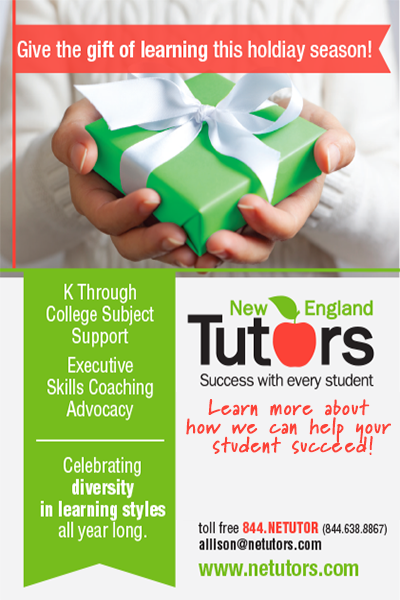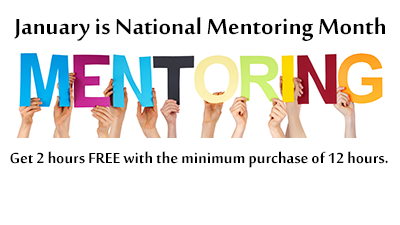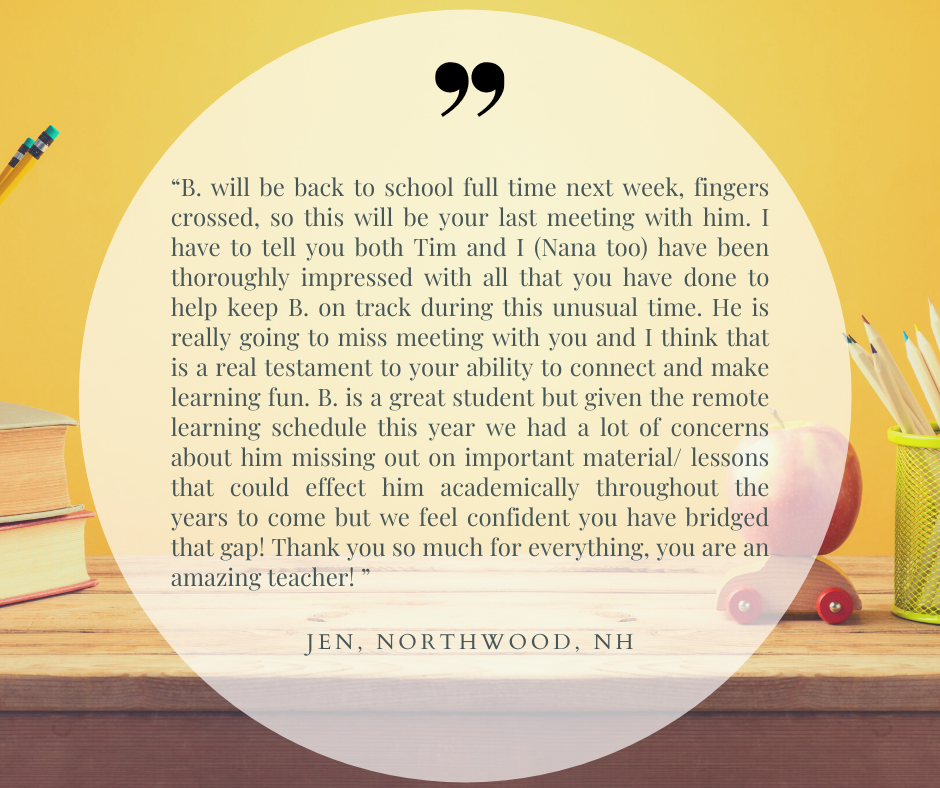Parenting adolescents and teens is an exercise in inconsistencies. On one hand they need structure and support because their schoolwork and their emotional life are more complex than it was when they were elementary-aged. Yet on the other hand they need a sense of freedom and autonomy because developmentally they feel a drive to separate themselves from their parents and develop independent skills. Nowhere is this push and pull more difficult to navigate than around issues dealing with homework.
Teens are expected by their teachers to manage homework themselves and students generally present an air of confidence regarding homework. They want to manage homework on their own. Yet the complexity of academic work, the importance of high school grades, and the distractions that can pull students away from homework makes stepping out of the process complicated.
The advice from the experts can seem inconsistent. Peg Dawson and Richard Guare in their book Coaching Students with Executive Skills Deficits tell us that the teen frontal lobe is not fully developed, and so parents should act as a surrogate frontal lobe. The frontal lobe is the place in the brain that supports executive function skills, like organization, and goal-directed persistence. So, Dawson and Guare’s research seems to suggest teens need heavy support for homework. A report put out by the Center for Educational Policy supports this idea of parental support. It states that, “Research has shown a clear link between parent involvement and children’s success in school.” Taken together these pieces of information do indicate that we need to strongly support the homework process.
If only it were that simple.
The same Education Policy report states, “when parents support autonomy, children are more likely to be intrinsically motivated and engage in school…” This research encourages parents to support autonomy, which sounds like advice to back off the homework help. In her book The Gift of Failure educator Jessica Lahey encourages just this. She reminds parents that homework is your child’s job not your job. She encourages parents to step away from intensive homework help and let kids learn from their own successes and their own failures.
Okay so which is it? Do we help? Or do we step away? The answer is both. A productive parent supports and gives their child autonomy. The key to quality homework help is to set up a system that presents high expectations for the student while simultaneously inviting high autonomy. Yes, I know many readers might assume that parental expectations limit autonomy. But as the old saying goes, the devil is in the details. In the case of homework, the details need to be left up to the student. Parents need to support an atmosphere of academic rigor while sending the message that they both expect and trust their child to get their homework done.
Experts recommend supporting the structure of homework by setting expectations that homework will be completed and limiting things like screen time and extracurricular activities to ensure there is enough
time and focus for homework completion. Parents though SHOULD NOT get involved in helping students actually do homework, or check in about individual assignments, or give unsolicited advice on specific subjects. Why is this? Because a teen with support does perform better in school, but a teen who feels controlled will rebel and lose his motivation. A parent too involved in the specifics of the homework process can make a child feel controlled. This can lead to rebellion and/or a sense of helplessness. Christine L. Carter writes, “Healthy, self-disciplined, motivated teenagers have a strong sense of control over their lives.” Carter stresses that a sense of personal agency is “one of the most important contributors to both success and happiness.” Research backs up Carter’s claim. Jonathan Haidt and Judith Rodin explain that an internal locus of control is associated with positive outcomes in many aspects of life including academic achievement and “psychological adjustment.” Students who believe that their lives are under their own control, who believe that their own actions will lead to their own success and failures do better in school and also feel better about their lives. Richard B. Joelson writes, “children who were raised by parents who encouraged their independence and helped them to learn the connection between actions and their consequences tended to have a more developed internal locus of control.” The report from the Center for Education Policy states that children whose parents set high expectations while also encouraging problem solving and persistence tend to have high intrinsic motivation. Yet children whose parents are controlling and use rewards and punishments to gain compliance show lower levels of intrinsic motivation. Rewards and threats can sometimes work in the short term, but they teach children that rewards and punishments (or successes and failures) are due to the actions of others. They also teach students to work for rewards and praise rather than work because they care about their own goals and learning.
So how can we give support and set high expectations without being controlling? As an academic coach I have found curiosity to be the best course of action. I begin my sessions with students by being curious about what type of students they are, what are their strengths, and what areas need work. Then I ask students about their own goals. How would they like to perform in school? What gets in their way of completing their work or raising their grades? It pretty amazing how student often know which of their choices gets in the way of schoolwork completion. I continue to ask them questions to invite them to take ownership of their homework system. I ask, when in the day would they like to get their homework done. What resources do they think they could use to improve their current performance (if it needs improving), how many hours a week do they want to do homework. This type of curiosity when used by a parent allows you an avenue to check in with your child and offer support. The questioning nature of the conversation sends the message to the student that you care about their goals and that you are available should they need any help with those goals. Asking “what might work” or “how can we work to solve this problem” when things go wrong or get hard keeps the responsibility squarely on the student’s shoulders but also shows her that she doesn’t have to work or solve problems in isolation. Offer her resources but show her that it is her responsibility (and her choice) to use them.
Now this doesn’t mean that the whole system is child-run. Fully hands-off parenting has been shown to have negative results for children academically and personally. Parents can set up the expectation that
homework will be complete and that students will try their best but parents then need to avoid micromanaging all the details. Tammy Dodson suggests only giving advice and help when asked. Encourage your child to learn to ask for help at school and go for after-school help or study sessions if needed. While stressing about individual homework assignments is counterproductive, a weekly or biweekly check in is a good way to hold your child accountable. Note the assignments that have been missed but ask questions out of curiosity not out of judgment. “Why isn’t this assignment finished!?” sends the message that you are in control and have the power to “make” your student get her work done. Here are some less judgmental suggestions. “I see that your last test was 70%, how does that feel for you?” “It looks like these missed assignments are pulling your grade down, do you want to ask if you can still engage with those assignments and get credit?” These comments send the message that you are involved in the process, but that you are a resource to be utilized not a dictator to be avoided. In these check in sessions try also to ask questions that move beyond scores and grades. Find out what classes your child likes and why. If possible “nerd out” with them about something interesting from English or Biology class. These conversations highlight the fact that you are interested in your child’s passions and learning not just their GPA. I know it’s hard to not dictate when your child seems to be falling behind. But if you force or demand results then you take away a student’s sense of control and decrease intrinsic motivation. It’s true if you yell, threaten, and ground, you may get the student to finish that particular homework assignment, but that won’t help them as learners in the long run. As Jessica Lahey writes “You can have total control over your child’s every move, or you can have an autonomous, intrinsically motivated kid, but you can’t have both.”
I want to end by emphasizing that I am not recommending a total lack of control. The authoritative parenting style is one in which parents are warm and engaged but also firm and clear in their boundaries and expectations. This parenting style has been shown through much research to have long lasting benefits for children especially in the realm of academics. When it comes to homework setting up a clear set of expectations is key but giving a student as much leeway as possible in figuring out how to meet those expectations gives them a since of autonomy and fosters intrinsic motivation.
These skills take time and patience. The articles below go into these ideas and the research behind them in greater detail. Also keep watch for my online fall parenting workshop hosted by New England Tutors. The workshop will be in four parts: 1. Understanding teen motivation. 2. The difference between performing and learning. 3. Setting up an academically enriching culture at home. 4. Letting go and letting teens learn from failure.
Sources and further reading
Carter, Christine L. “How Independent Should Teenagers Be?” Psychology Today. 9 Nov. 2018.
https://www.psychologytoday.com/us/blog/brave-over-perfect/201811/how-independent-should-teenagers-be
Center on Education Policy. “What Roles Do Parent Involvement, Family Background, and Culture Play in Student Motivation?” The George Washington University 2012. https://files.eric.ed.gov/fulltext/ED532667.pdf
Dawson, Peg & Guare, Richard. Coaching Students with Executive Skills Deficits. Guilford Press. 2012
Dodson, Tammy. “What’s a Parent’s Role in Helping Teens with Homework. Parent toolkit. 14 Aug 2018.
https://www.parenttoolkit.com/academics/news/homework/what-s-a-parent-s-role-in-helping-teens-with-homework
Ferguson, Ronald. “Research Based Tips for High-Achievement Parenting.”
https://naacppcmd.files.wordpress.com/2016/09/research-based-tips-for-high-achievement-parenting.pdf
Haidt, Jonathan & Rodin, Judith. “Control and Efficacy as Interdisciplinary Bridges.” Vol. 3 No. 4 317-337. Review of General Psychology 1999. https://pdfs.semanticscholar.org/738a/b8d025bbddfa561011e8e34b2bae74c32b04.pdf
Joelson, Richard B. “Locus of Control: How Do We Determine Our Successes and Failures?” Psychology Today. 2 Aug 2017.
Lahey, Jessica. The Gift of Failure: How the Best Parents Learn to Let Go so Their Children Can Succeed. Harper Collins 2015











